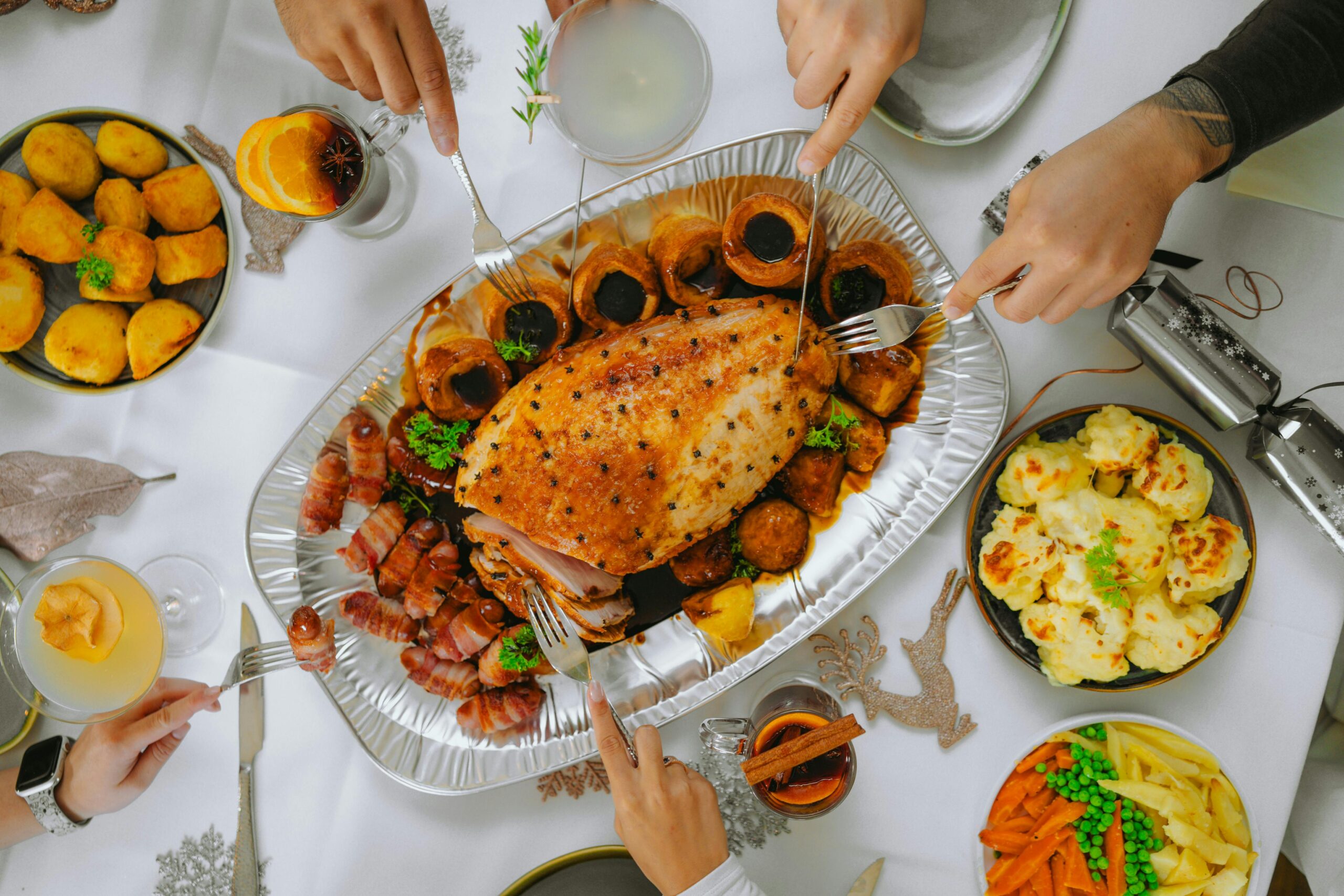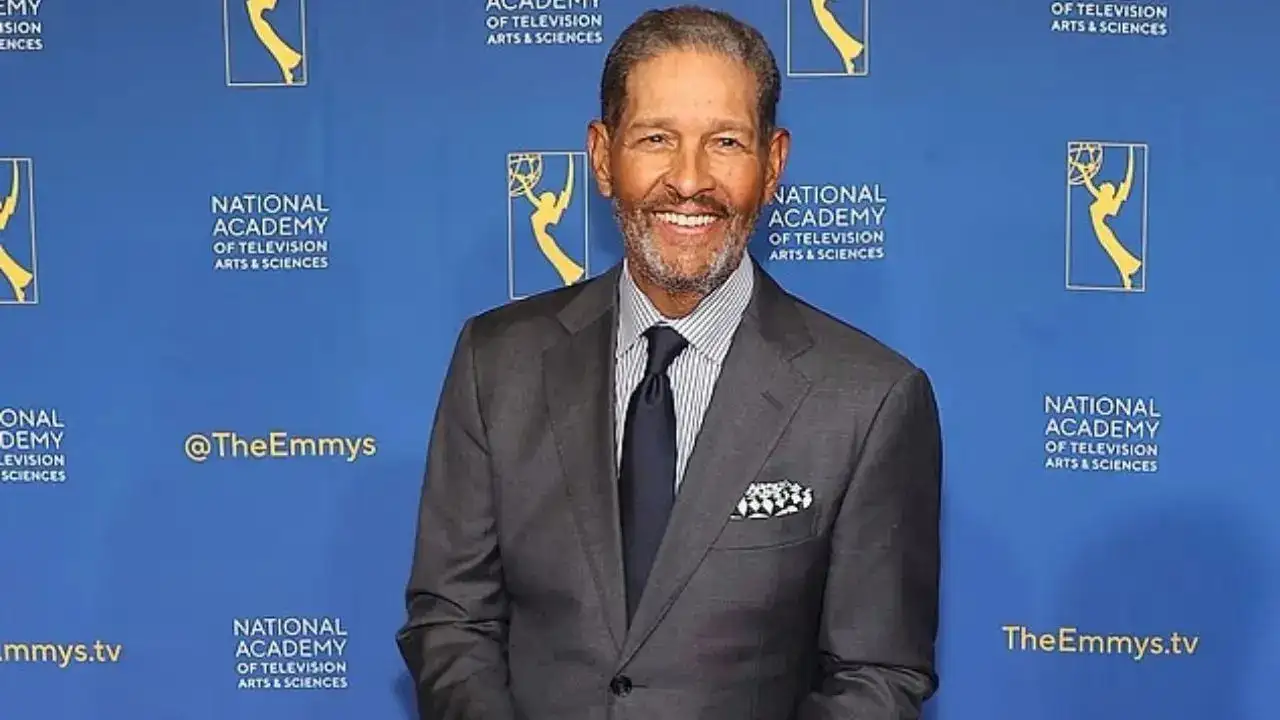Copyright farmersweekly

Reading Time: 3 minutes There is something reassuring about eating food your grandmother would recognise and have eaten, says London-based food futurist Dr Morgaine Gaye. It is a view increasingly adopted by consumers since covid, with people starting to reject that mass-produced, heavily processed food that earlier generations would not recognise. The daughter of a butcher who confesses to not liking the taste of meat, Gaye said this trend is an acknowledgment that human bodies aren’t built to consume heavily processed food. “So much of the stuff you see in the supermarkets now, your grandparents would not recognise, let alone all the stuff noted on the labels. “We are cave-age people living in a space-age time, and our bodies haven’t adjusted. “We can read it and go, ‘Oh yeah, guar gum’ and our minds will say ‘Yeah I’ve heard of that’ but our bodies say, ‘I have no idea what that is.’” Gaye works with global food companies advising on consumer trends. She told Farmers Weekly that food retailers in the 1970s predominantly offered basic wholesome and natural food and people were eating simple home-cooked meals. As the food offering expanded it included the increased use of preservatives to extend shelf life – until the covid pandemic gave people time to look at what they were eating and they realised many ingredients were unpronounceable and unrecognisable. “The last two years has seen a surge, a push towards real foods, grass-fed and raised meat – but the servings are smaller.“It’s quality, not quantity,” she said. There has also been a re-acknowledgment of the value of animal fats, evident in the slow demise of margarine. “What we’re seeing is a drive towards full-fat real foods,” she said. “The future is about human reality, human integration with nature, something we have become divorced from.” She said meat and dairy are well placed provided the product is portrayed as small-batched and local, and the animals are well cared for. Today’s consumers care about the planet. They want natural protein and food that enhances their health, but they want it from producers that meet their expectations. It is part of a reality movement – “real food, real jobs and real connections, what it means to be human”. Gaye said it is quite common for once-devout vegans to transition to carnivore diets because of the health benefits. “It’s a big lifestyle flip that is more common than you think.”The history of food fads is long: low cholesterol, fat free, polyunsaturated fats, get colours in your diet, antioxidants, gut biome health, probiotics … The latest trend is protein consumption, which Gaye said has lasted longer than she expected with people counting protein intake as they previously counted calories. The next trend is personalised health, which will lead to diets tailored to improved immunity. “Until now it has been one size fits all. “Everybody needs Vitamin C, nobody really knows what they’re doing, they’re just following trends. “Now we are seeing much more personalised health.” Personalised gadgets will provide an instant measure of a person’s health, what nutrients or trace elements are high and which are lacking – something they can address by diet or supplements. Wallace’s Meeting the Market tour has been made possible with grants from Fonterra, Silver Fern Farms, Rabobank, Zespri, Alliance Group, Meat Industry Association, Wools of NZ, Beef + Lamb NZ, NZ Merino, European Union and Gallagher.



